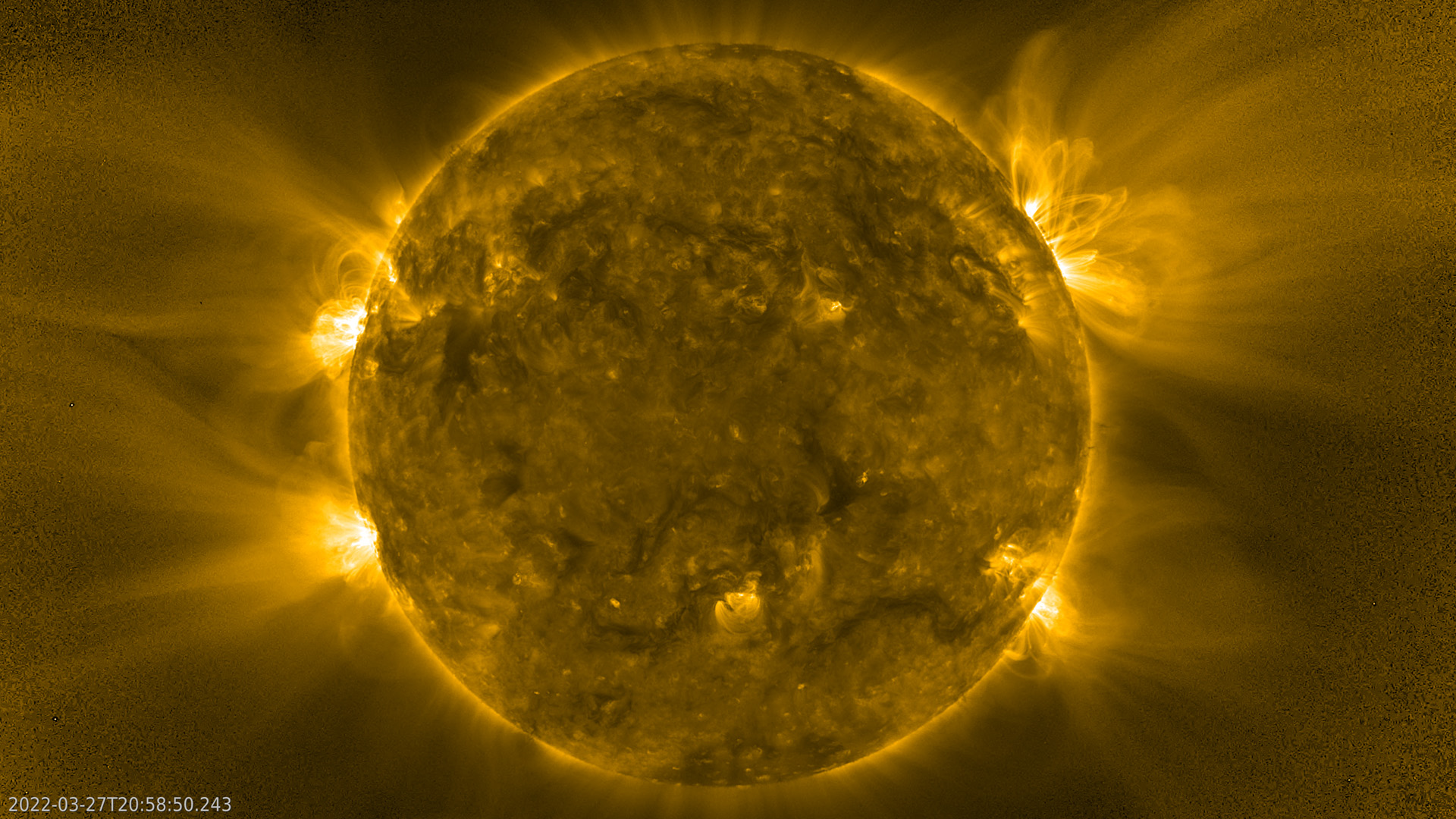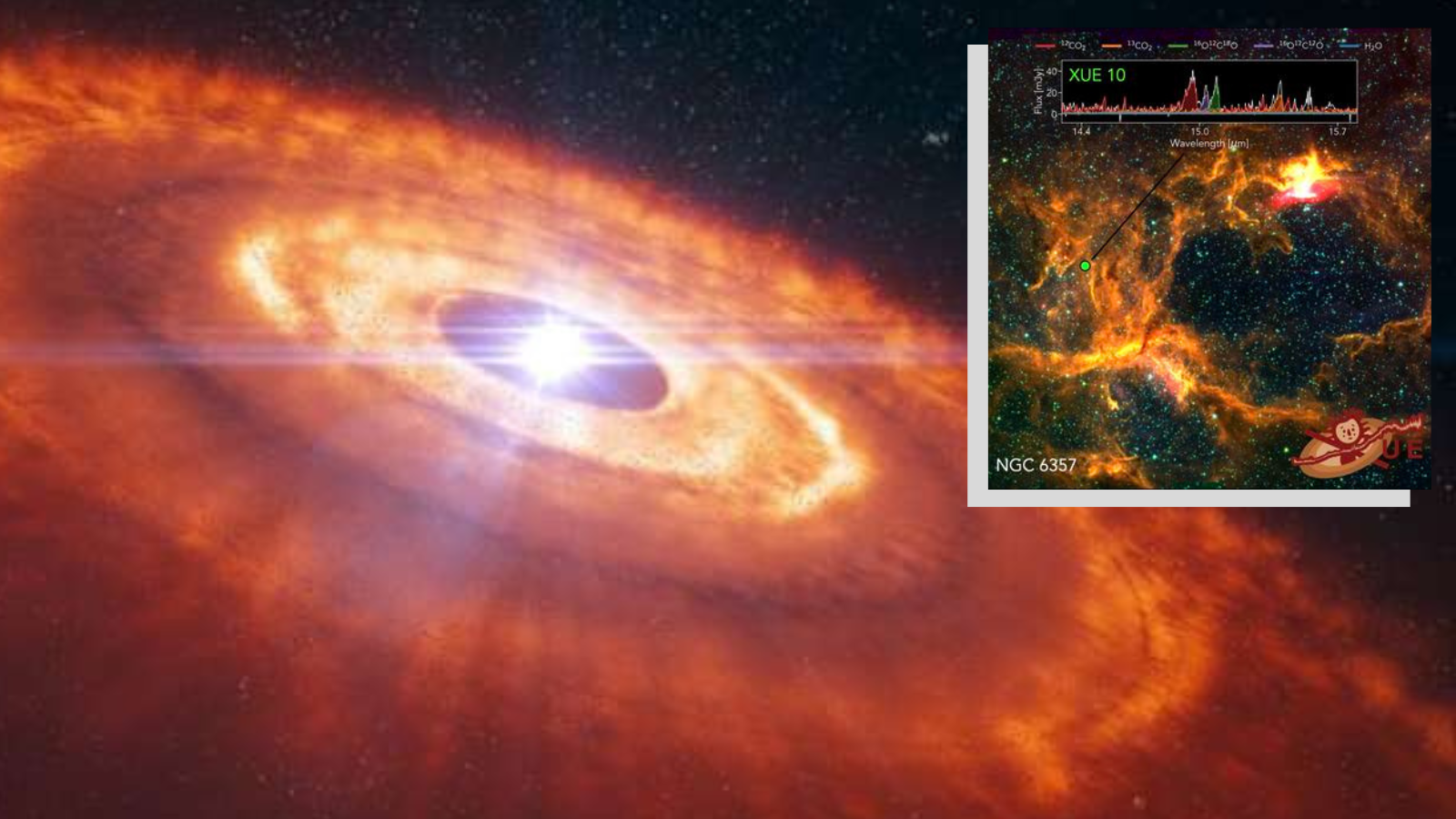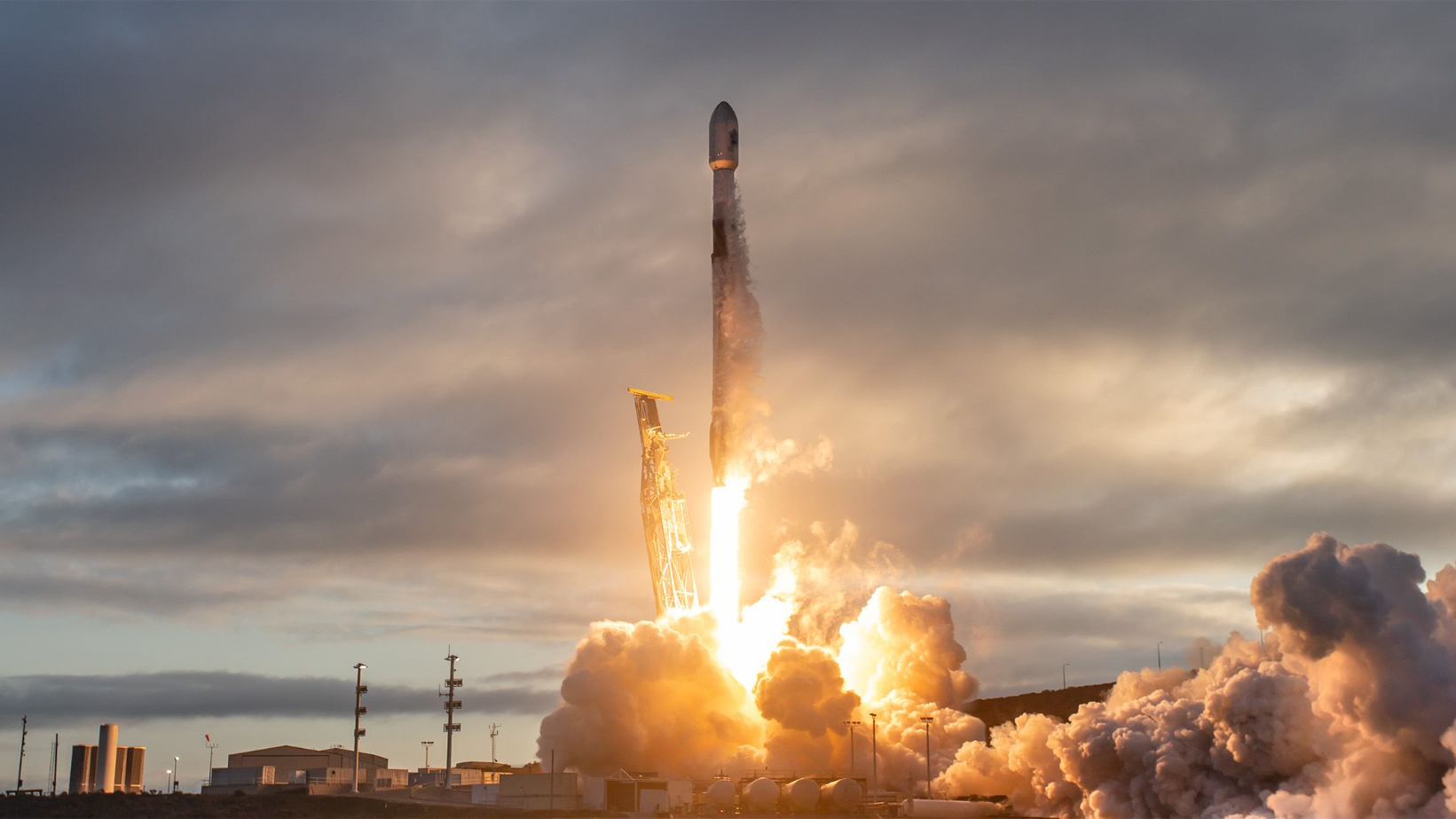Robert Lea is a science journalist in the U.K. whose articles have been published in Physics World, New Scientist, Astronomy Magazine, All About Space, Newsweek and ZME Science. He also writes about science communication for Elsevier and the European Journal of Physics. Rob holds a bachelor of science degree in physics and astronomy from the U.K.’s Open University. Follow him on Twitter @sciencef1rst.
Latest articles by Robert Lea
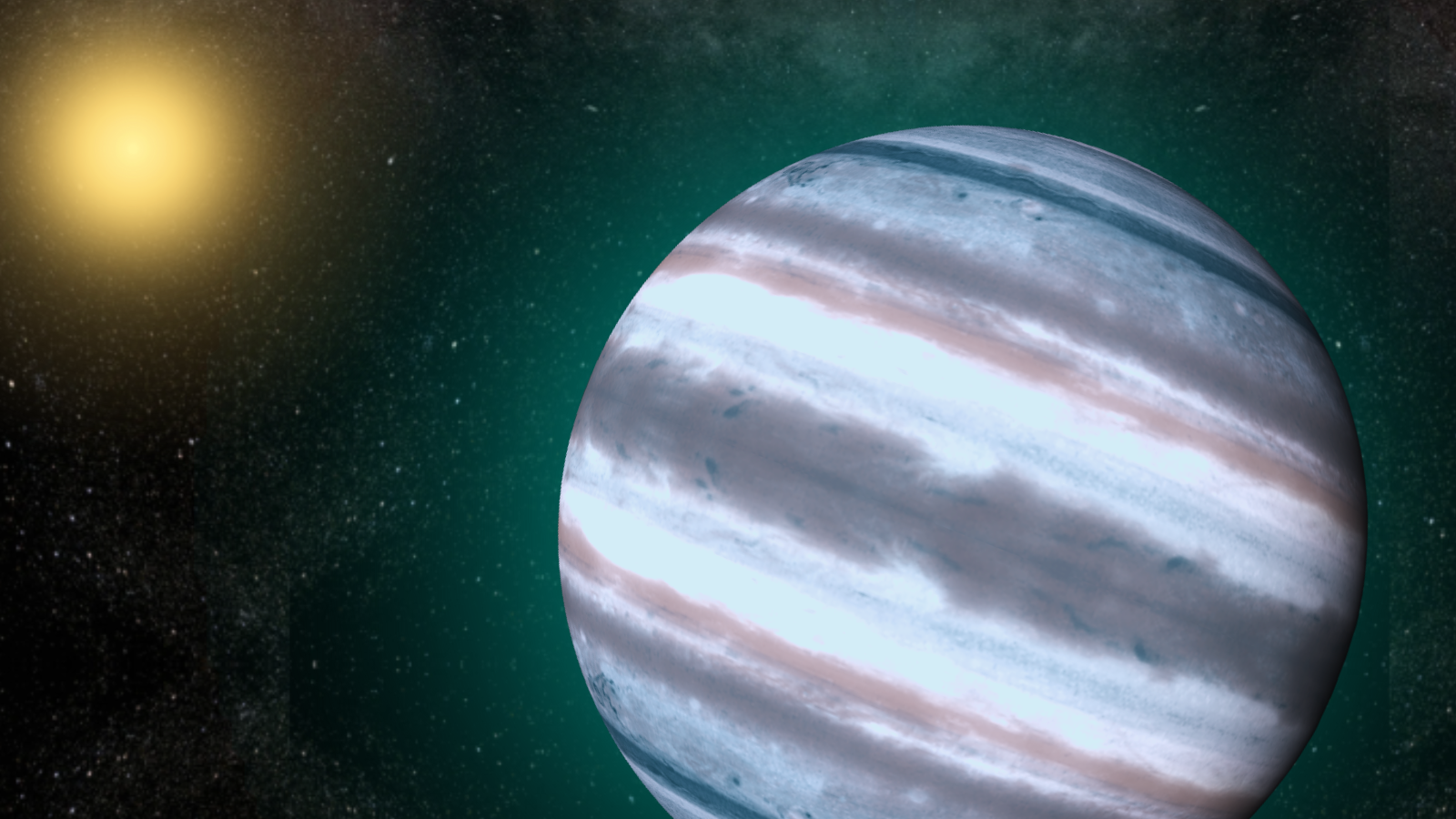
Where are all the 'hot Neptune' exoplanets? Orbital chaos may have booted them out
By Robert Lea published
A new program has discovered chaos in a nearby planetary system, which could explain the existence of a phenomenon astronomers call the hot-Neptunian desert.
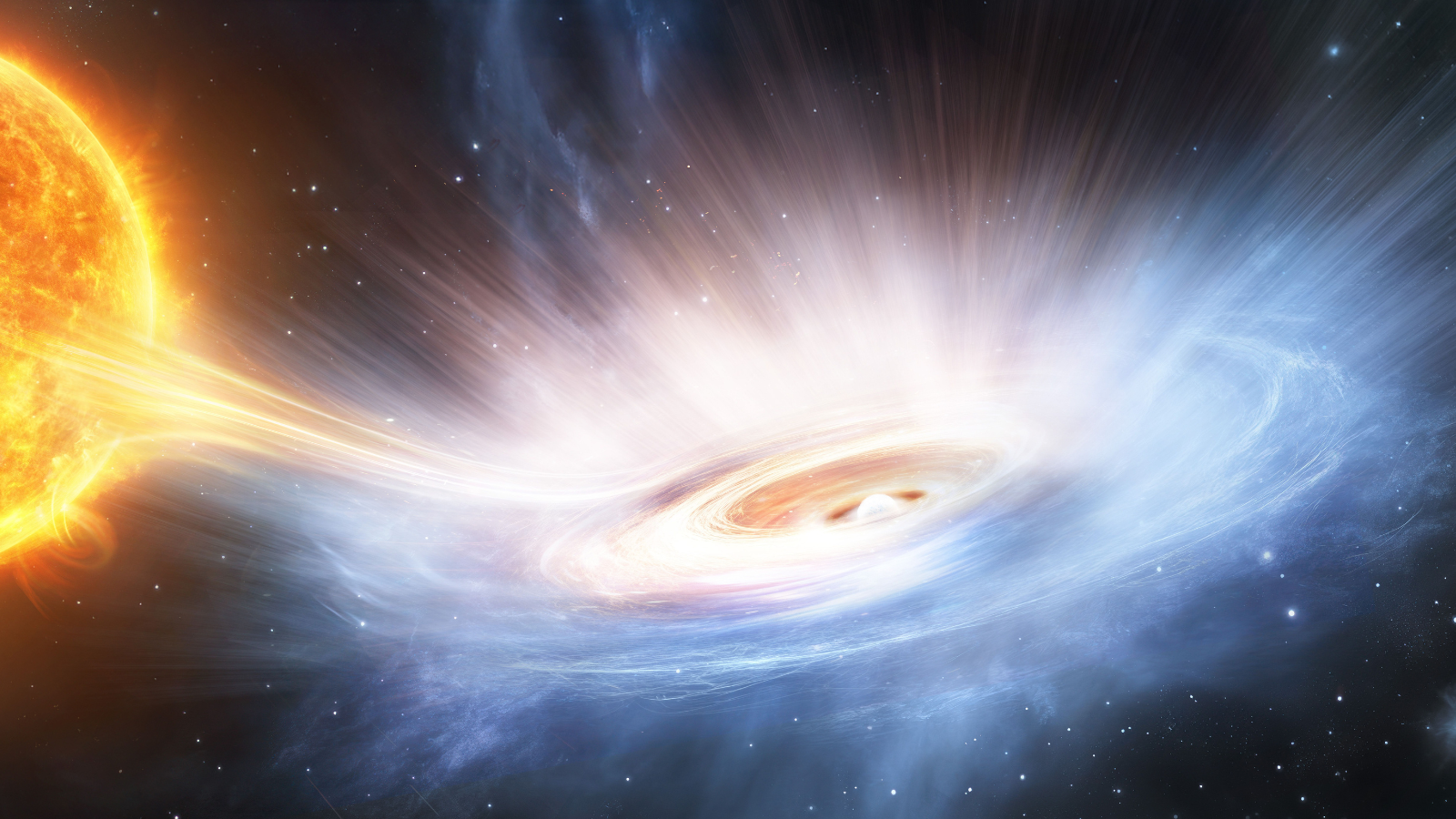
'It was the realization of a dream that we had chased for decades.' Powerful cosmic winds around neutron star reveal secrets of monster black holes
By Robert Lea published
Mysteriously powerful cosmic winds around neutron star may be 'game-changer' for understanding monster black holes
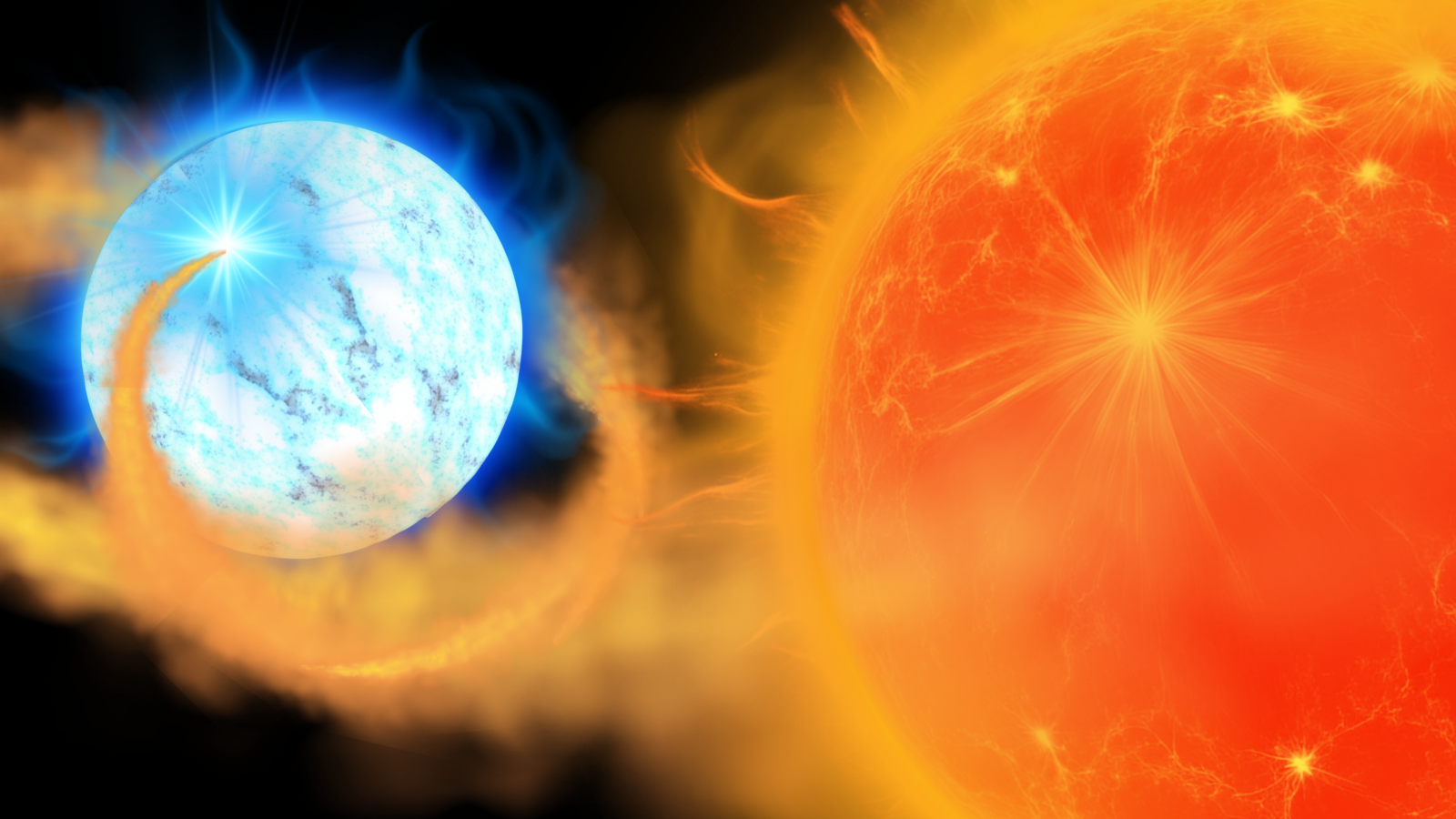
Doomed 'cannibal' star could soon explode in a supernova so bright it would be visible during the day
By Robert Lea published
"The speed at which this doomed stellar system is lurching wildly, likely due to the extreme brightness, is a frantic sign of its imminent, violent end."
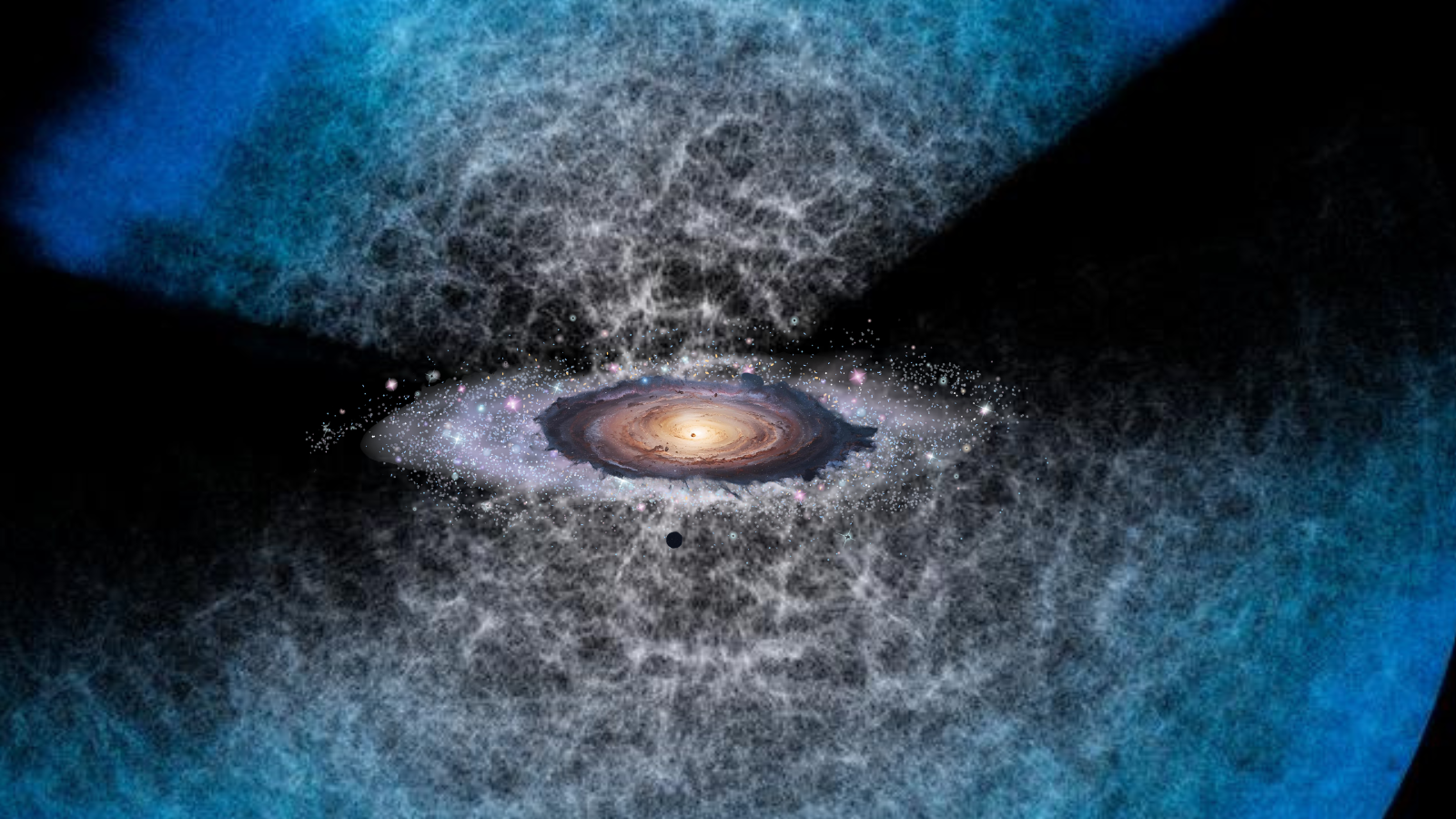
Forget supercomputers — scientists say a laptop could map the universe in minutes
By Robert Lea published
A new emulator is tackling the near-impossible task of mapping the universe's large-scale structure without sacrificing intricate details.
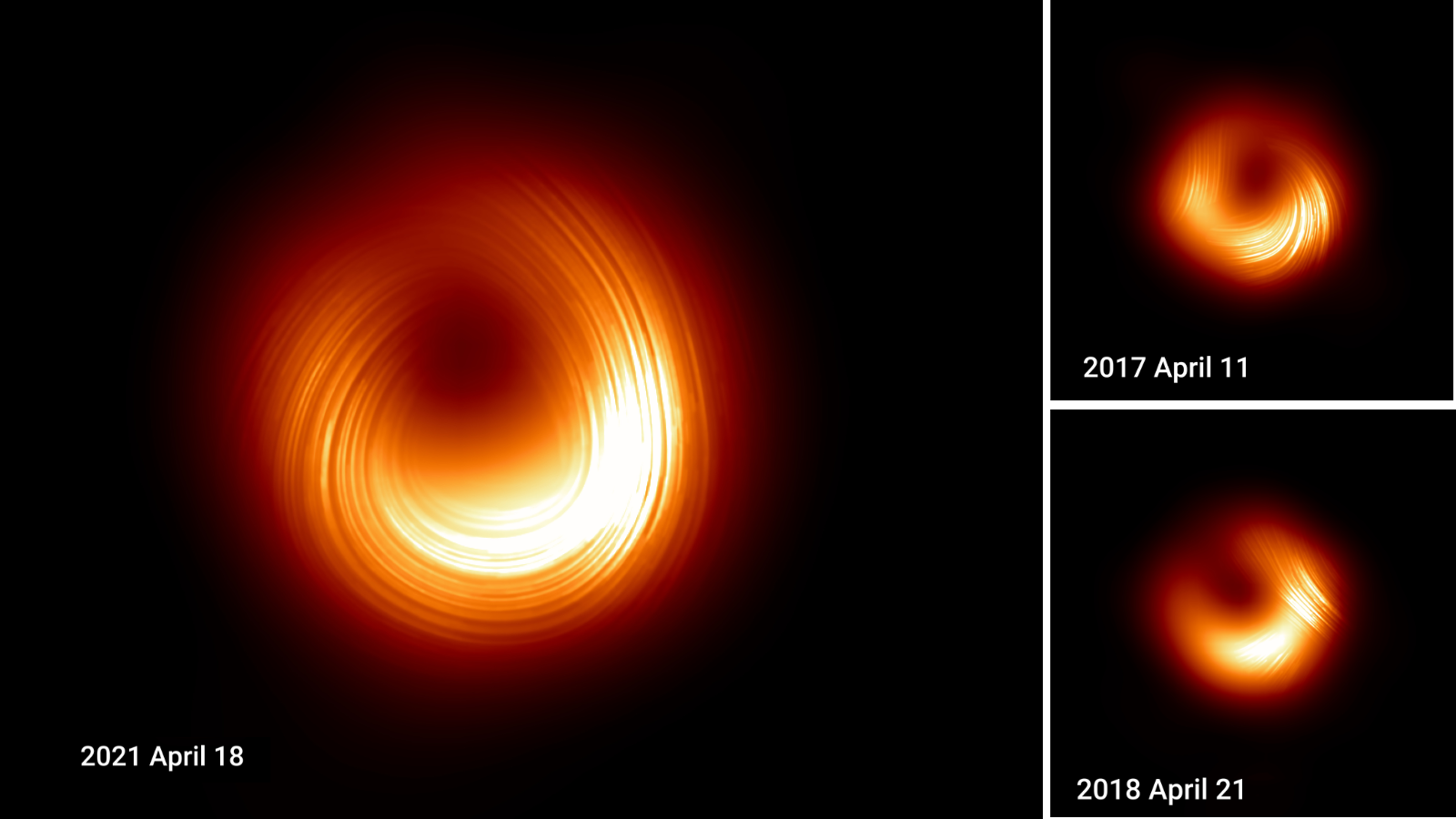
'Totally unexpected': Stunning new imagery shows big changes in the 1st black hole ever captured by humanity (photo, video)
By Robert Lea published
Newly released images of the supermassive black hole at the heart of the galaxy M87 show that the plasma that swirls around it has unexpectedly reversed directions.
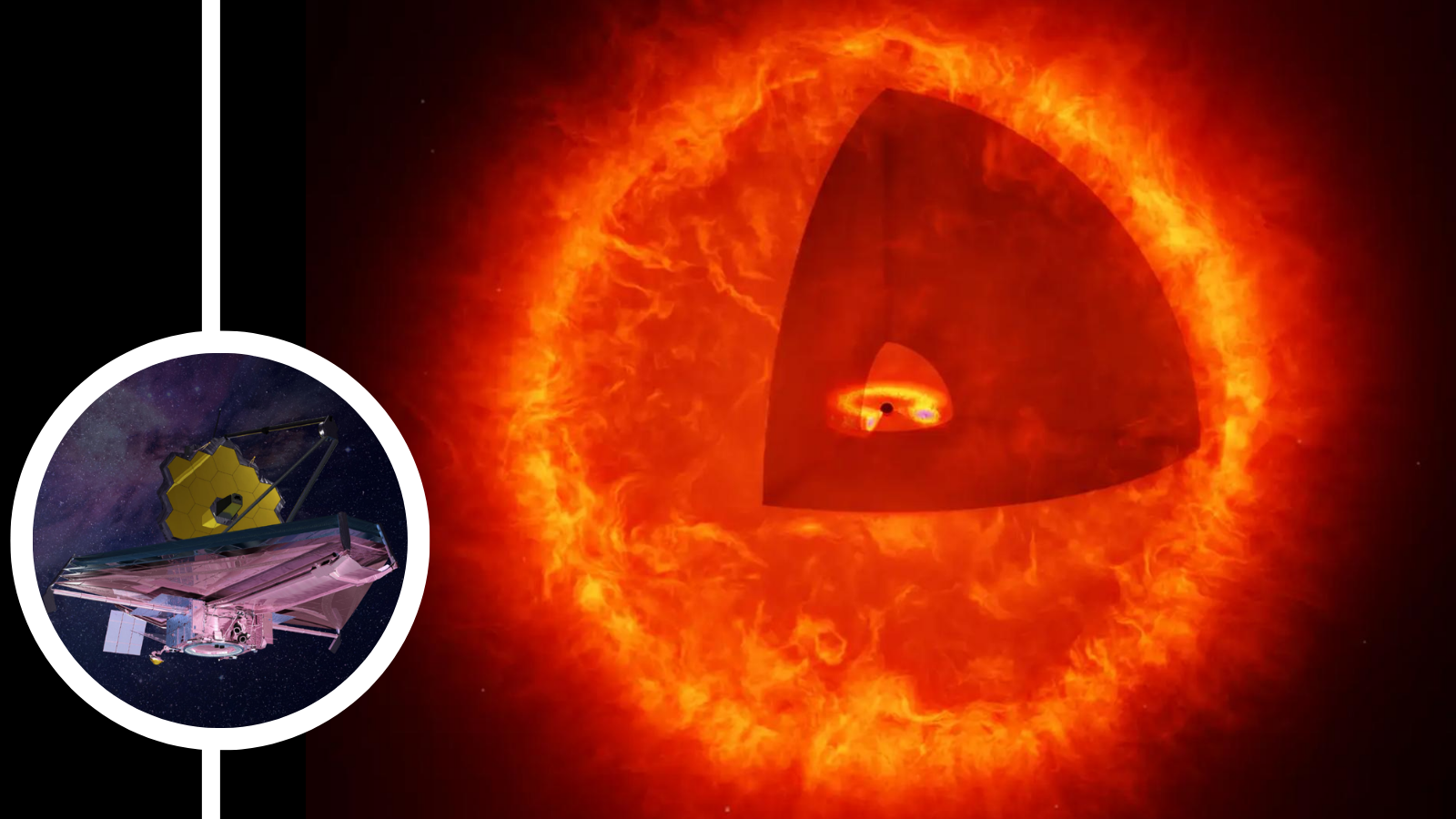
Are 'little red dots' seen by the James Webb Space Telescope actually elusive 'black hole stars'?
By Robert Lea published
The mystery of the James Webb Space Telescope's "little red dots" could be solved if they are not ancient galaxies but are entirely new celestial objects called "black hole stars."
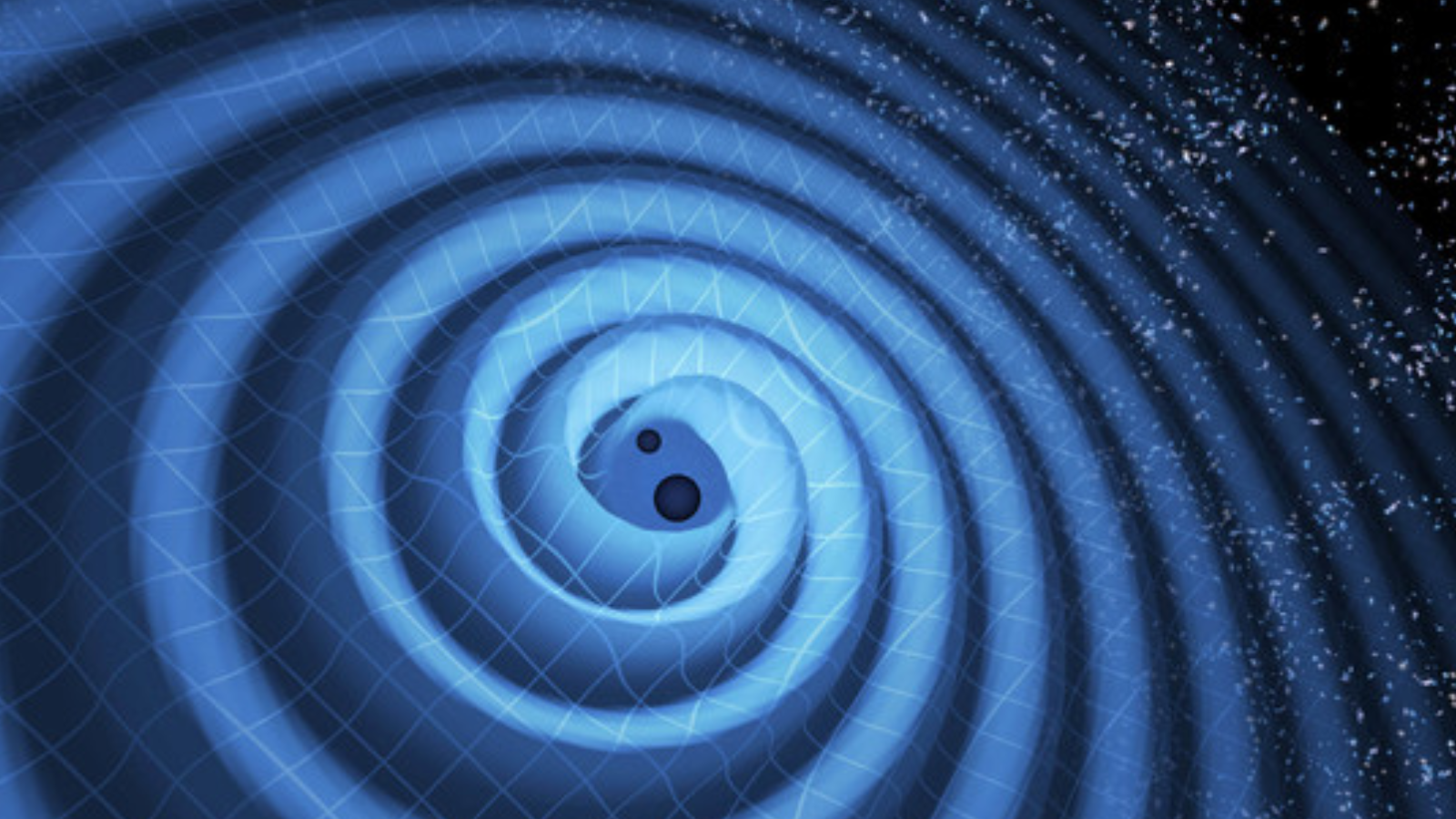
LIGO Legacy: 10 incredible gravitational wave breakthroughs to celebrate observatory's landmark 2015 find
By Robert Lea published
The first-ever detection of gravitational waves was made 10 years ago today (Sept. 14). In celebration, Space.com takes you through the most significant gravitational wave discoveries to date.
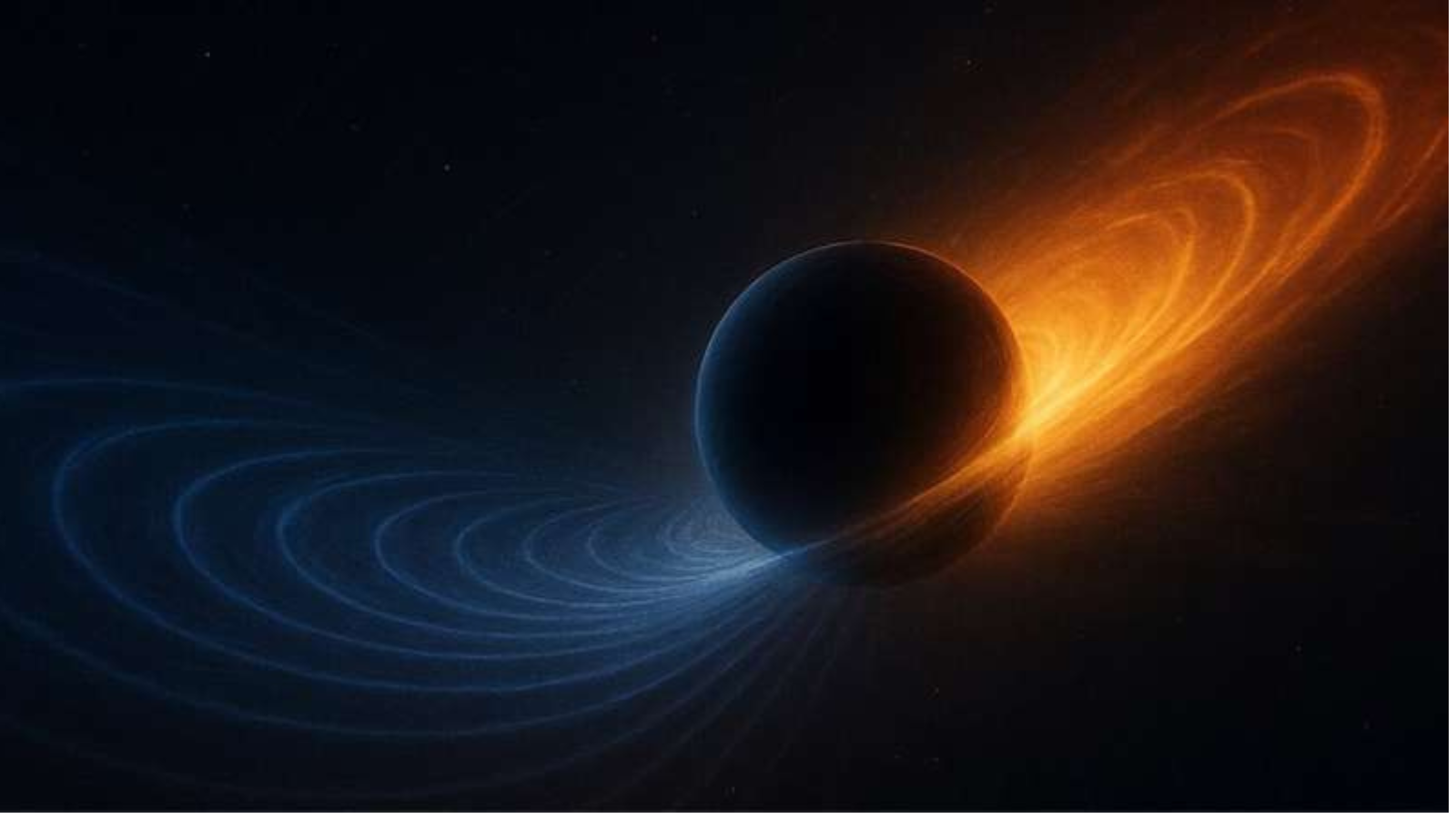
Scientists measure 'kick' that sent baby black hole flying away from its home for 1st time
By Robert Lea published
Everything about the Infinity Galaxy, recently discovered by the JWST, is strange. One odd feature could be the first evidence of a "direct collapse" black hole.
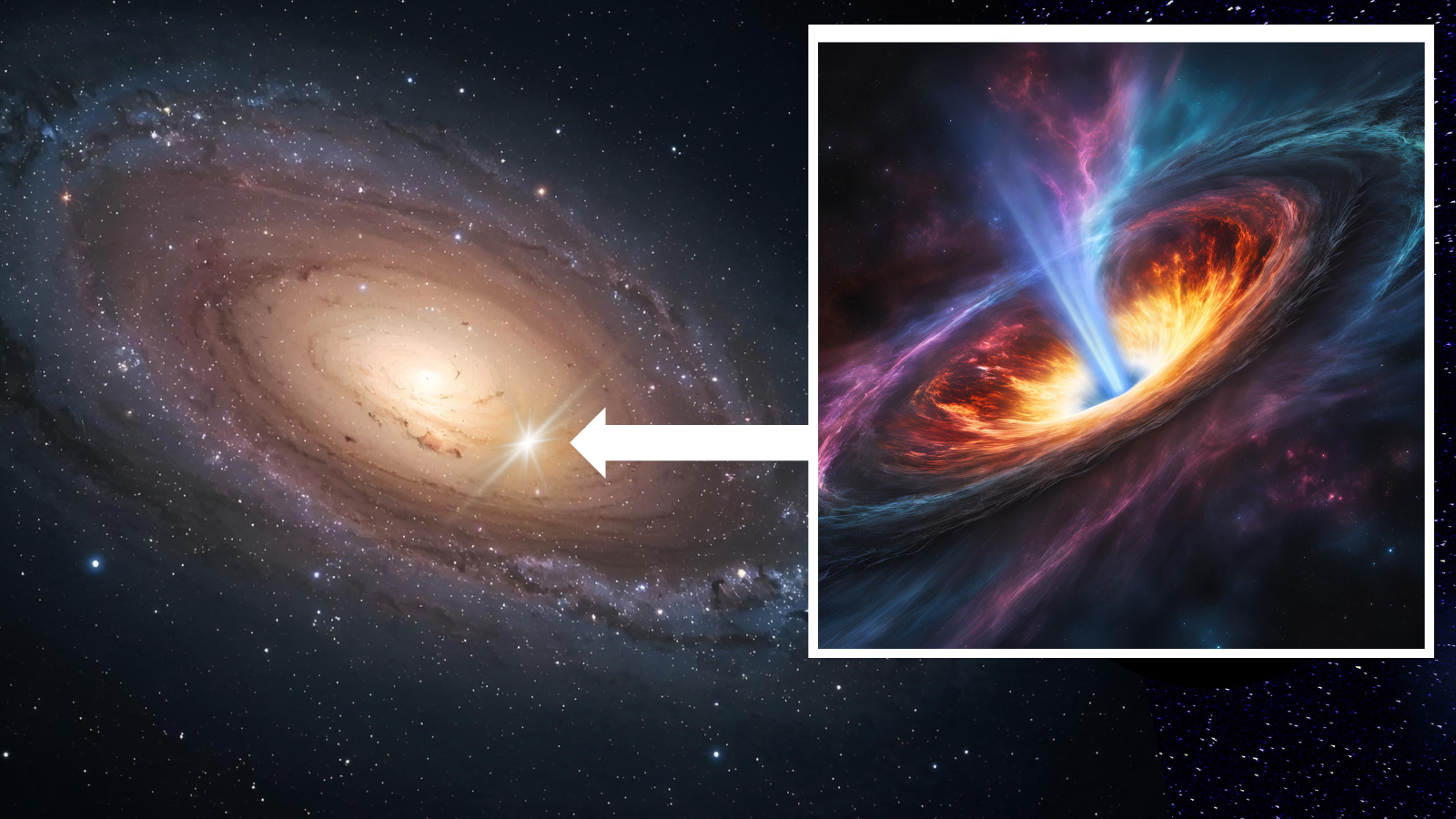
Astronomers discover rogue black hole speeding through distant dwarf galaxy
By Robert Lea published
Astronomers have discovered a rogue intermediate mass black hole blasting out jets over 3,000 light-years from the heart of its home galaxy, where it would usually lurk.
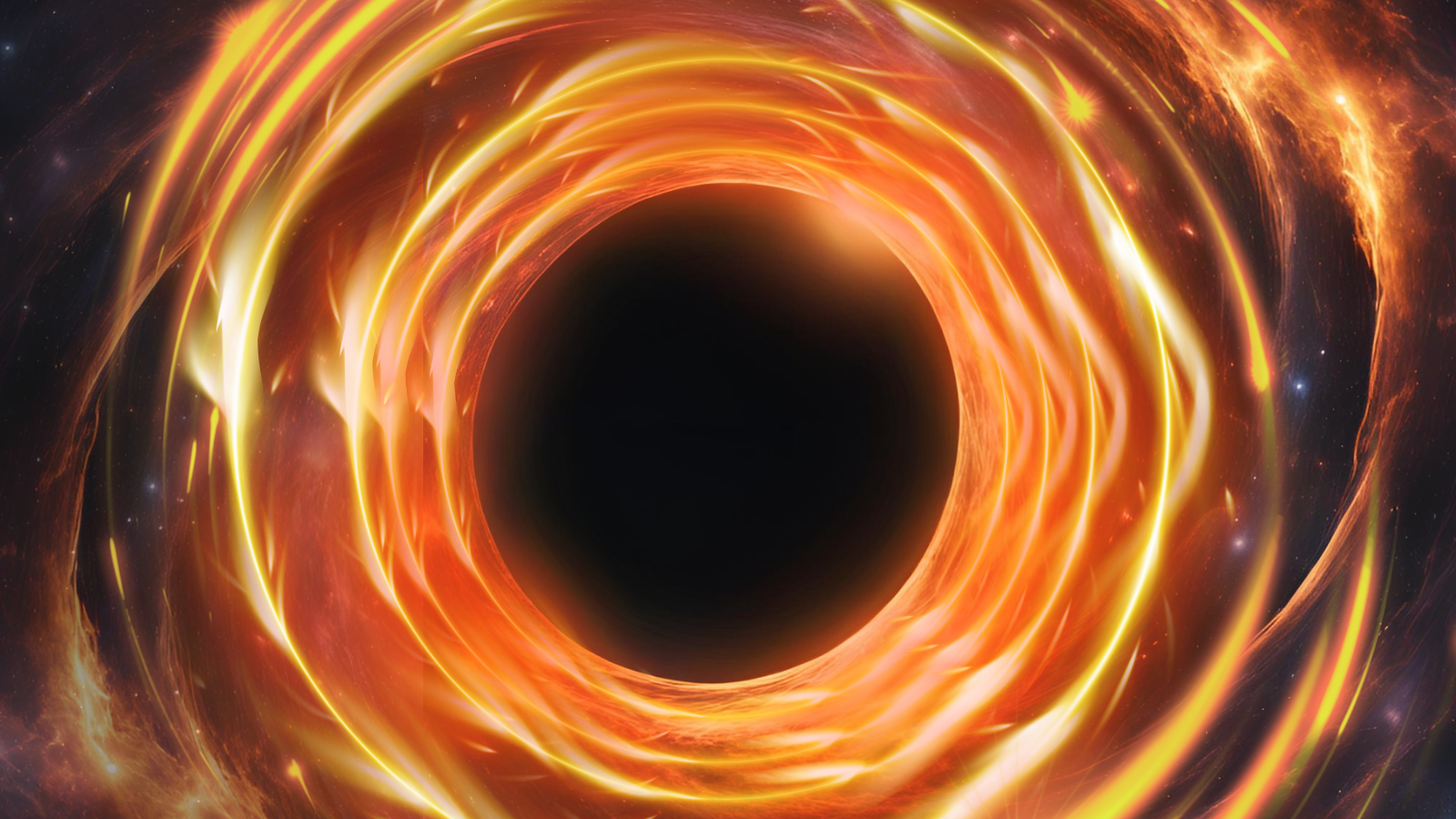
Scientists say there's a 90% chance we could spot an exploding black hole in the next decade
By Robert Lea published
New research suggests that if primordial black holes exist, there is a 90% chance our telescopes could detect one exploding in the next 10 years.
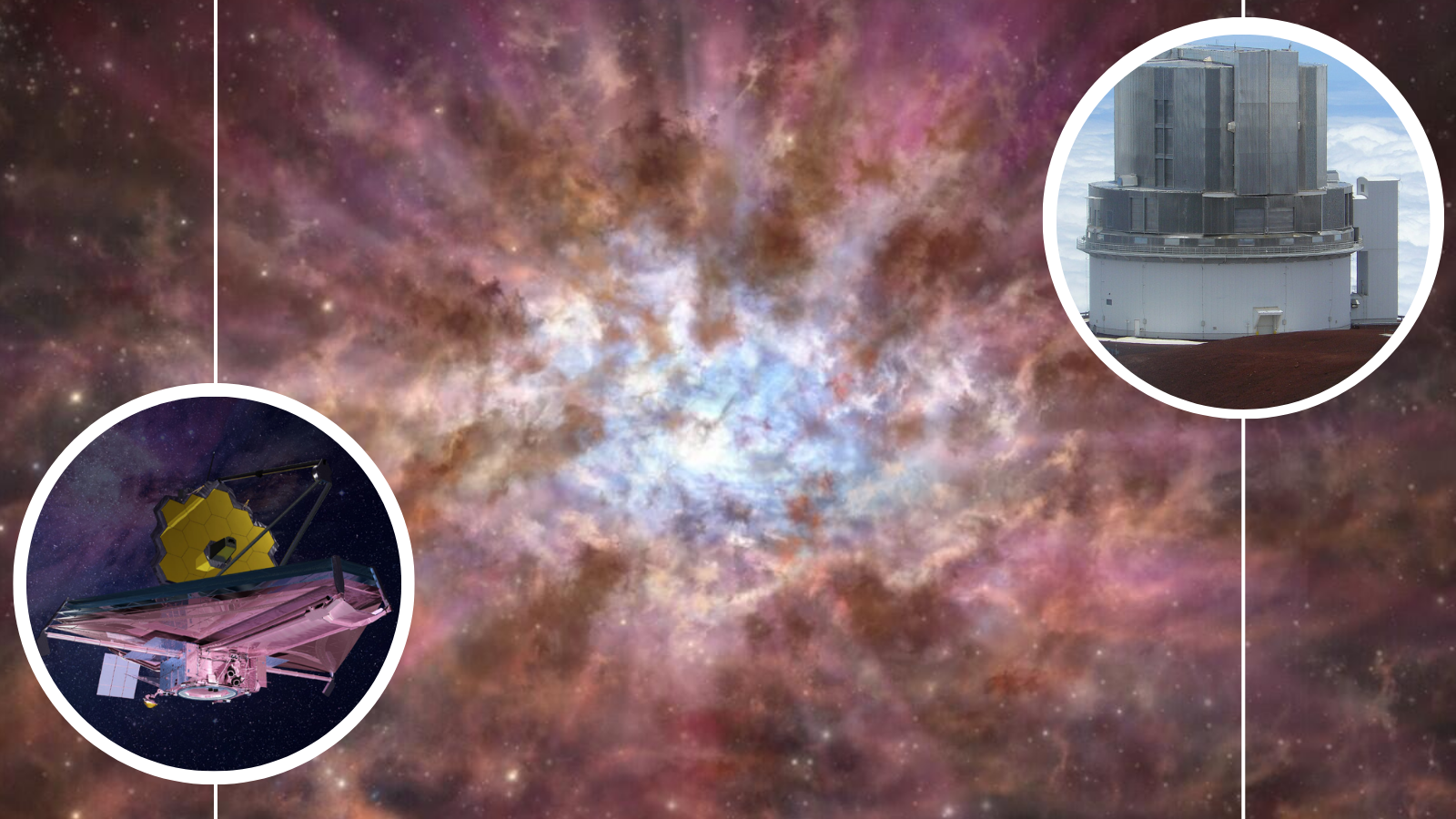
Astronomers finally find elusive, dust-shrouded supermassive black holes at ‘Cosmic Dawn’
By Robert Lea published
Using the James Webb Space Telescope and the Subaru Telescope in powerful tandem, scientists have discovered the first shrouded supermassive black holes at Cosmic Dawn.
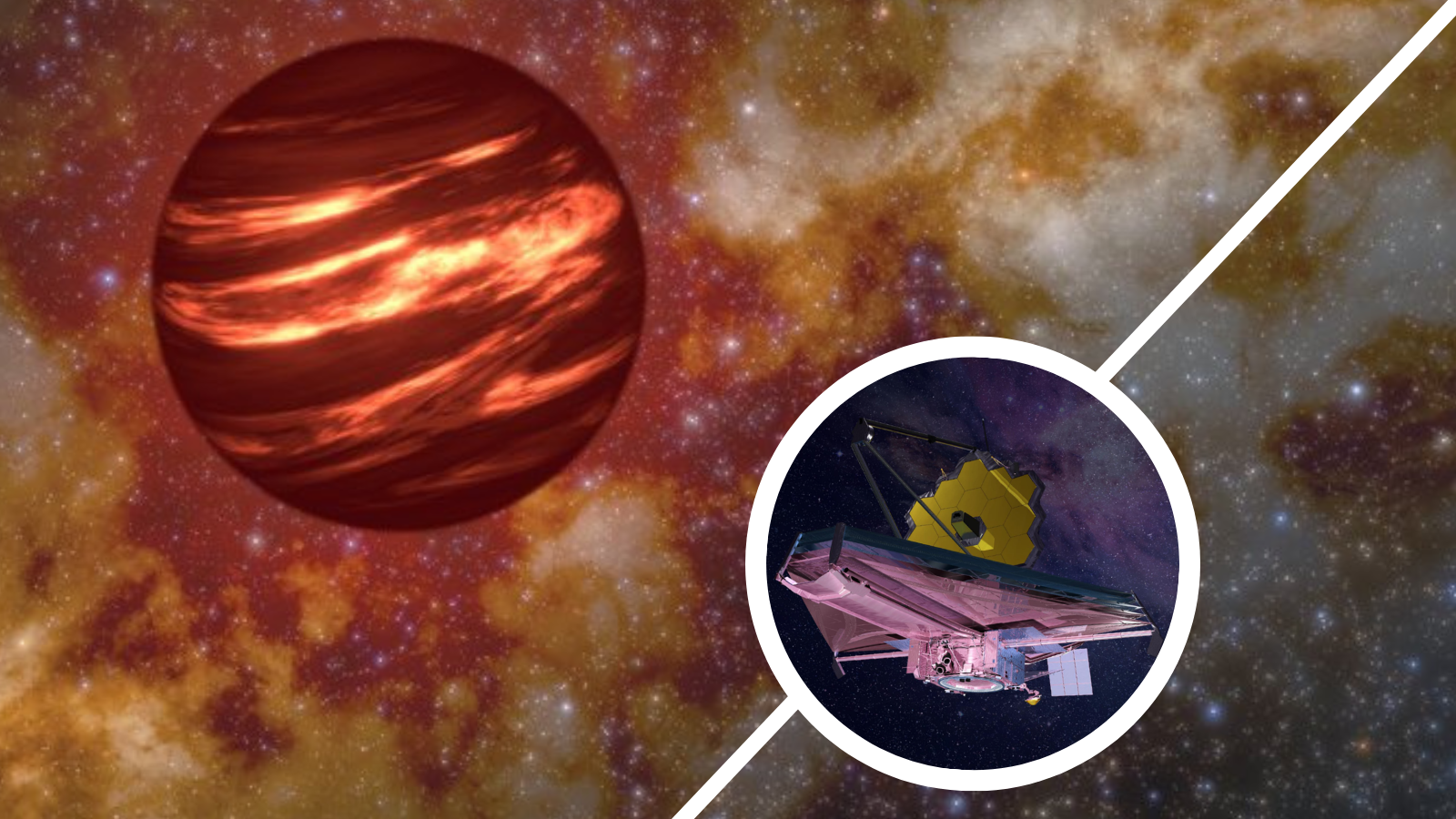
James Webb Space Telescope studies a 'failed star' named 'The Accident' to solve an old mystery of Jupiter and Saturn
By Robert Lea published
A study of the "failed star" brown dwarf known as "The Accident," conducted by the James Webb Space Telescope, may reveal a solution to an old mystery of Jupiter and Saturn.
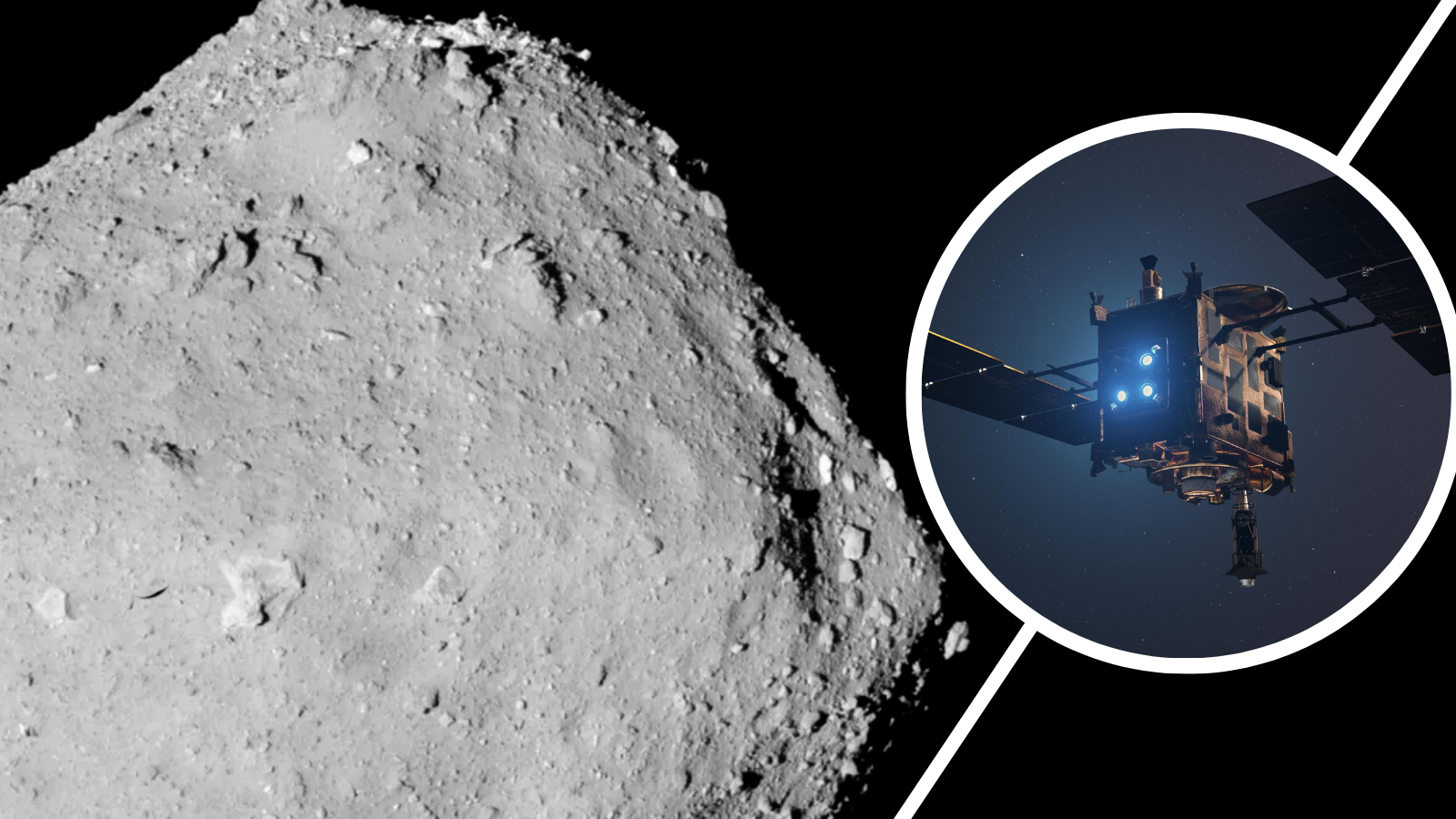
Scientists find evidence of flowing water on Ryugu’s ancient parent asteroid. 'It was a genuine surprise!'
By Robert Lea published
Water may have flowed on the asteroid that birthed the space rock Ryugu a billion years after it formed, much later than previously thought, changing our perception of the early solar system.
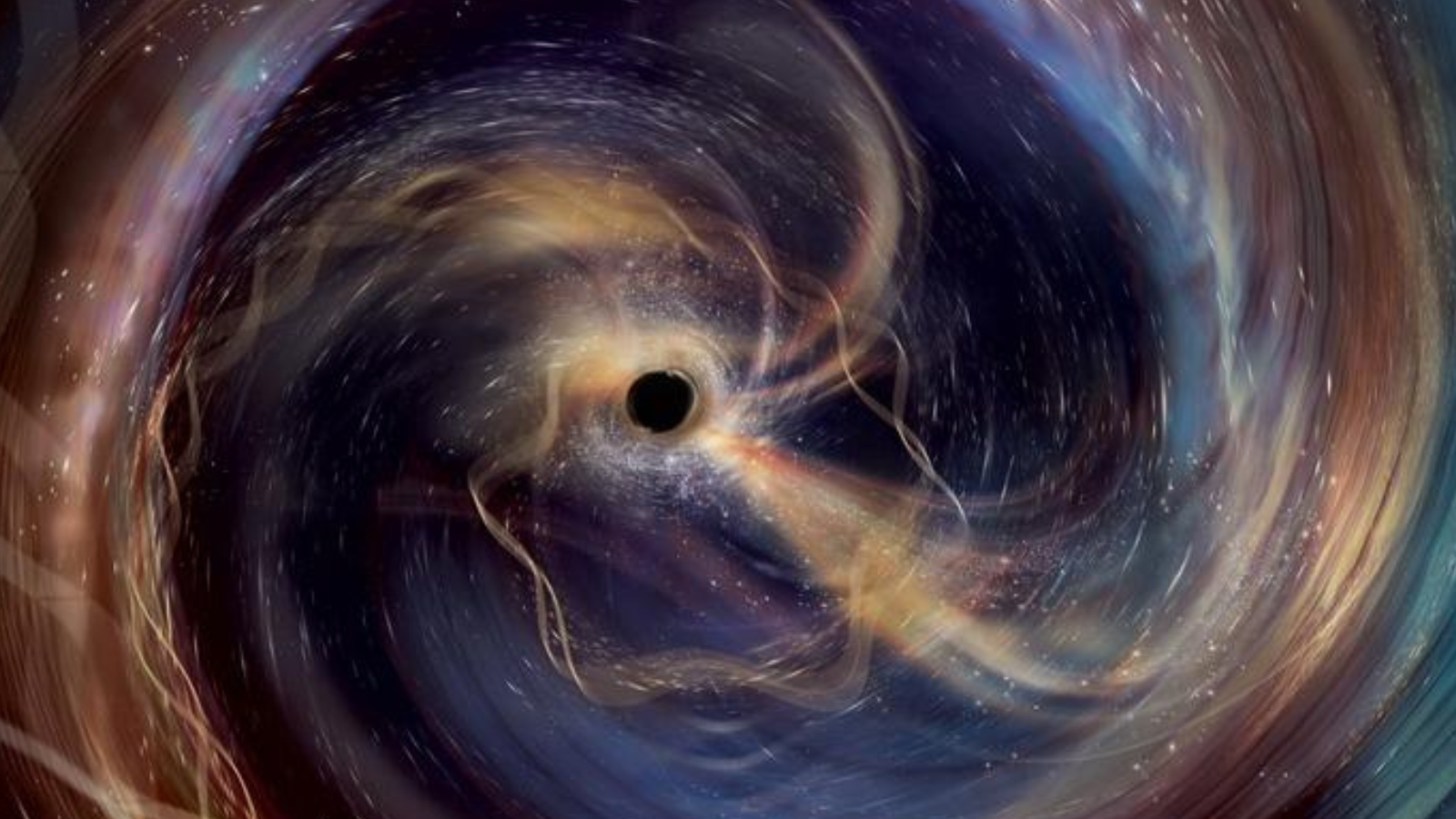
Gravitational wave detector confirms theories of Einstein and Hawking: 'This is the clearest view yet of the nature of black holes'
By Robert Lea published
Celebrating 10 years since the first detection of gravitational waves coming from colliding black holes, LIGO has confirmed the predictions of the greatest minds in physics.
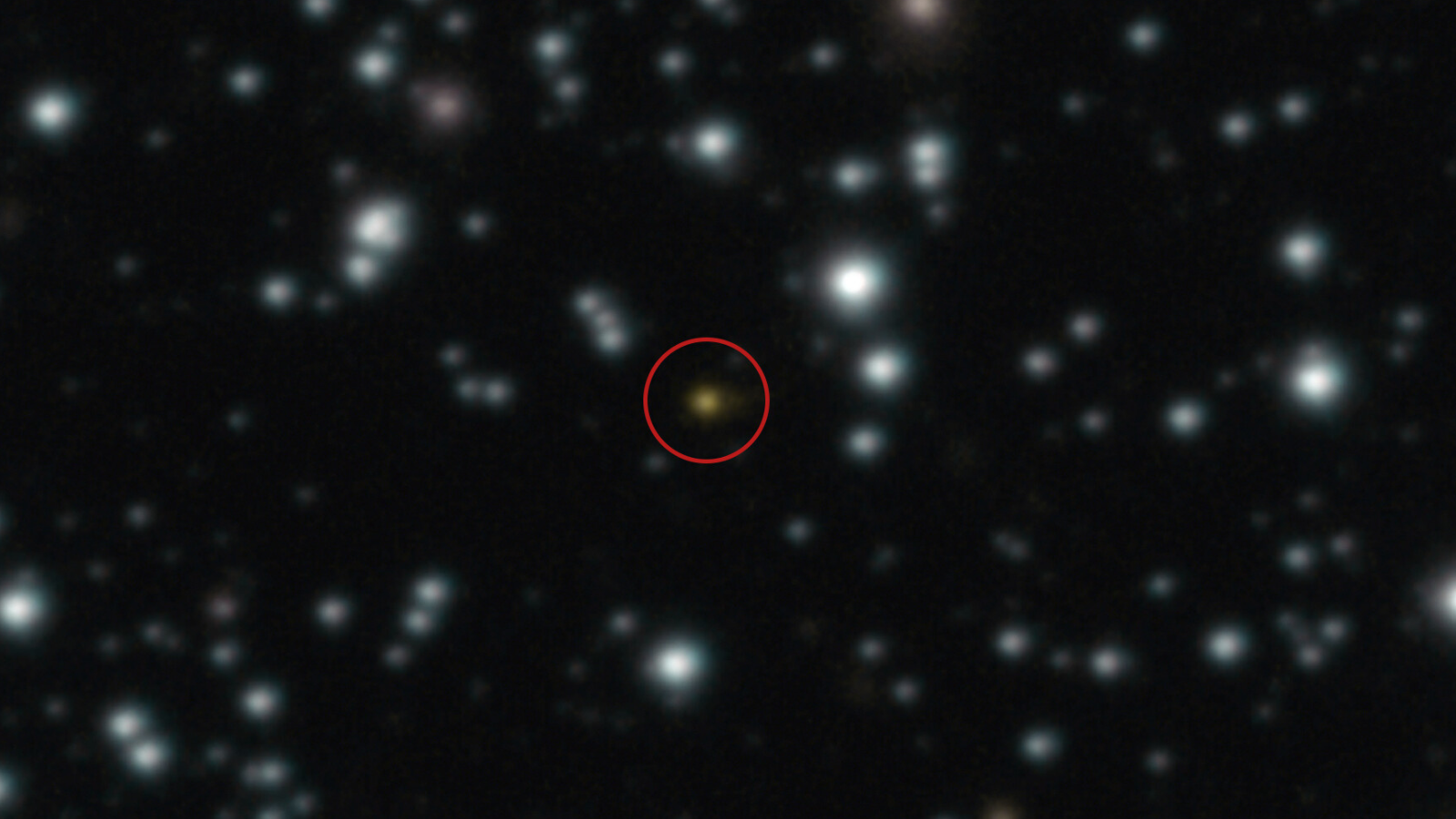
Astronomers discover repeating gamma-ray burst 'unlike anything we have ever witnessed before' (video)
By Robert Lea published
A newly discovered gamma-ray burst is unlike any seen before, repeating over the course of a day rather than erupting in milliseconds, leaving astronomers perplexed by its origins.
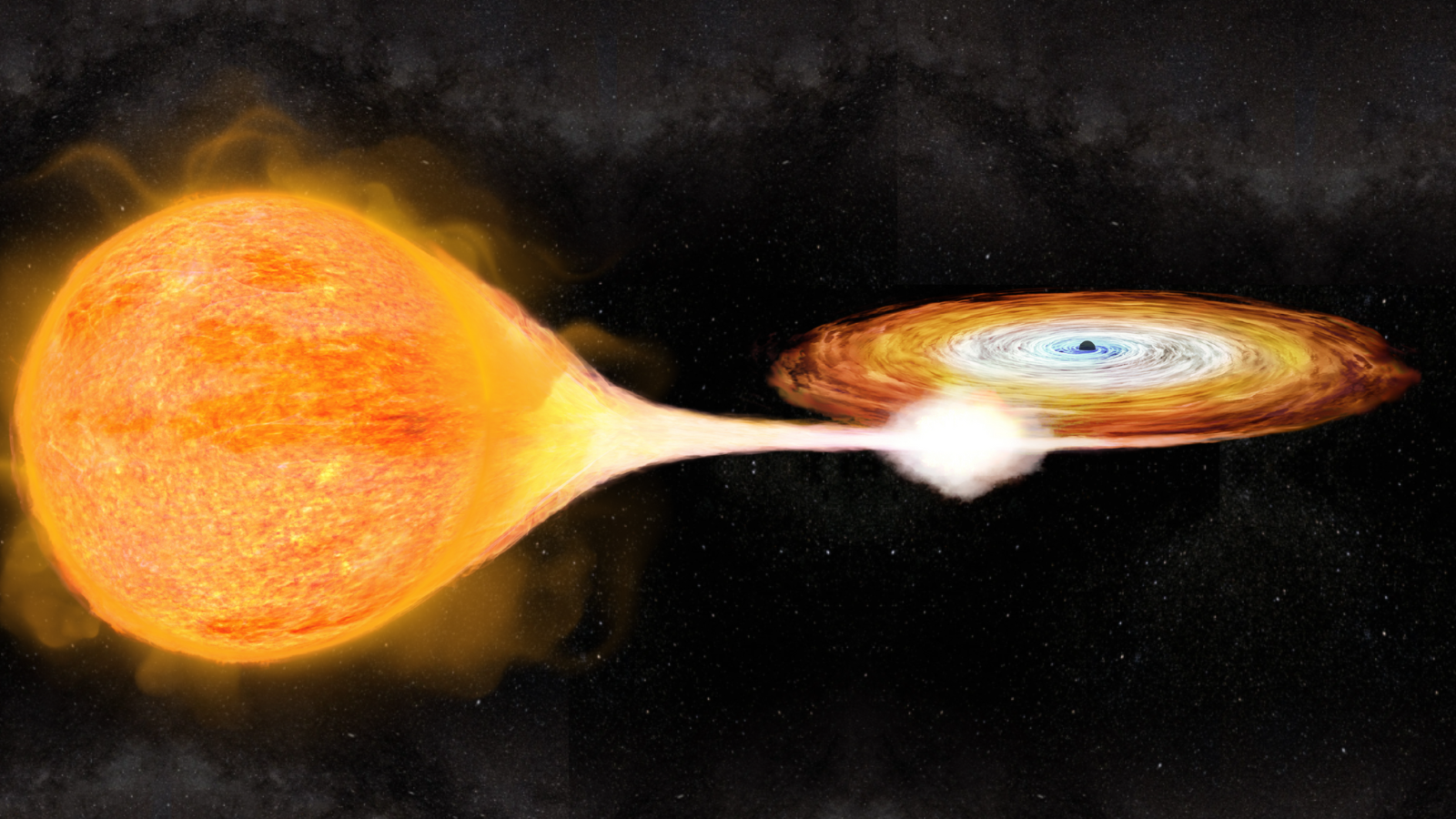
Small black holes are surprisingly messy eaters, Japanese spacecraft discovers: 'Being surprised is good'
By Robert Lea published
It isn't just supermassive black holes that are messy eaters. Using a Japanese space telescope called XRISM, scientists have found that small black holes are a "hot mess," too.
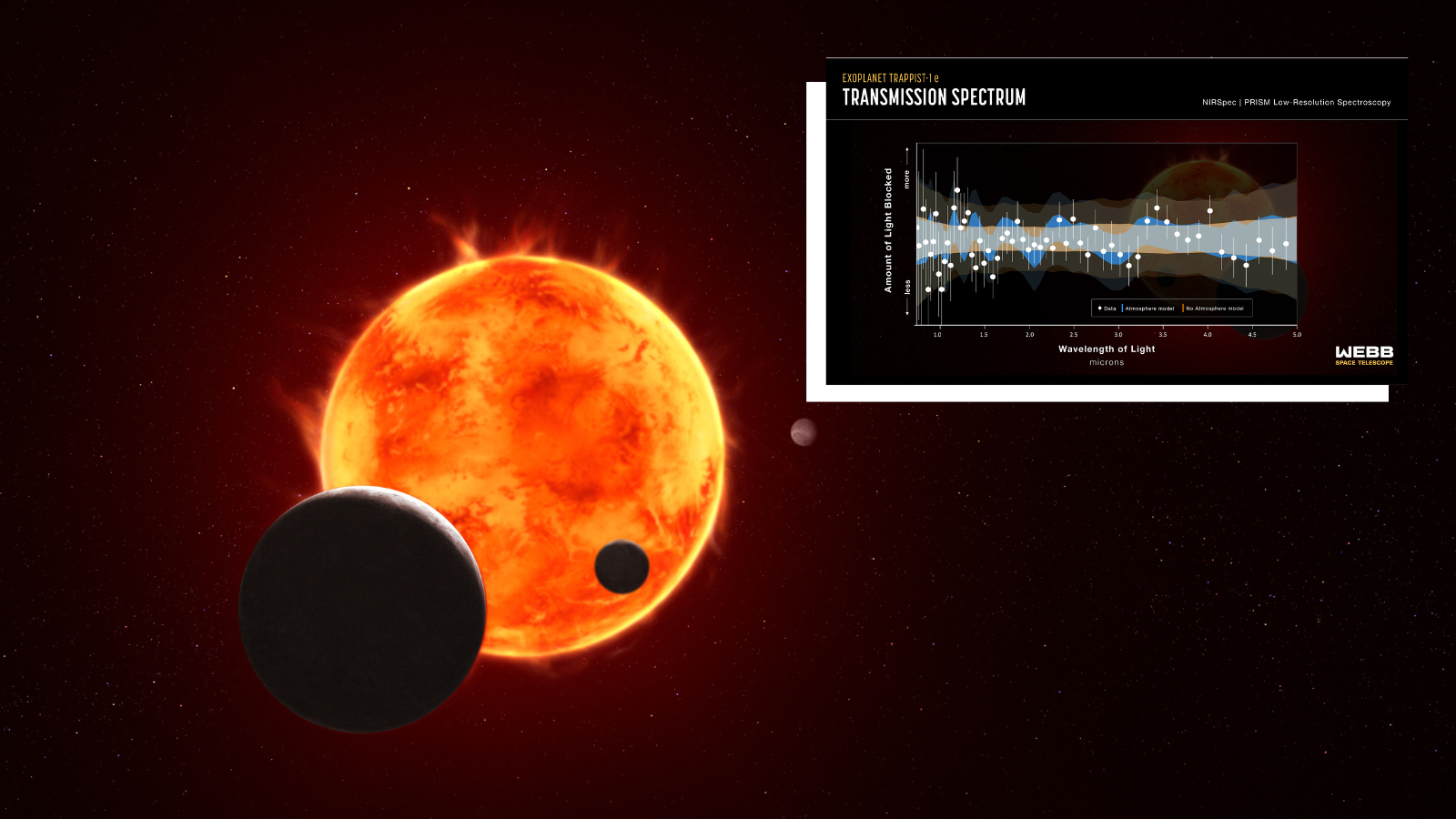
Does the nearby exoplanet TRAPPIST-1e support life? New James Webb Space Telescope data could help us find out
By Robert Lea published
The James Webb Space Telescope has investigated the "Goldilocks zone" planet TRAPPIST-1e to search for a potential atmosphere and hints of habitability.
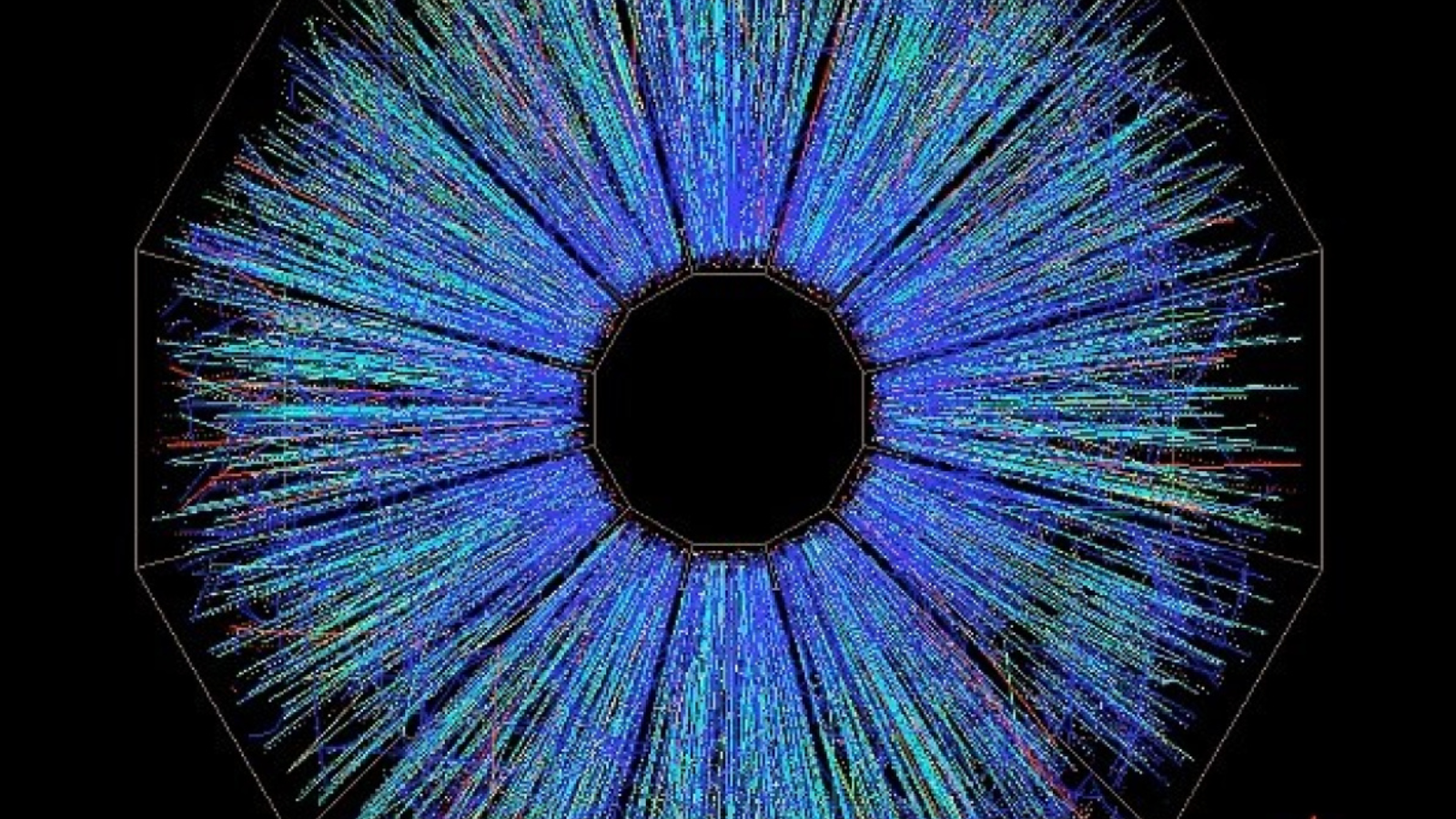
A new particle detector is ready to probe 'ashes' of the Big Bang after passing its 'standard candle' test
By Robert Lea published
"You never see the Quark Gluon Plasma itself — you just see its ashes."
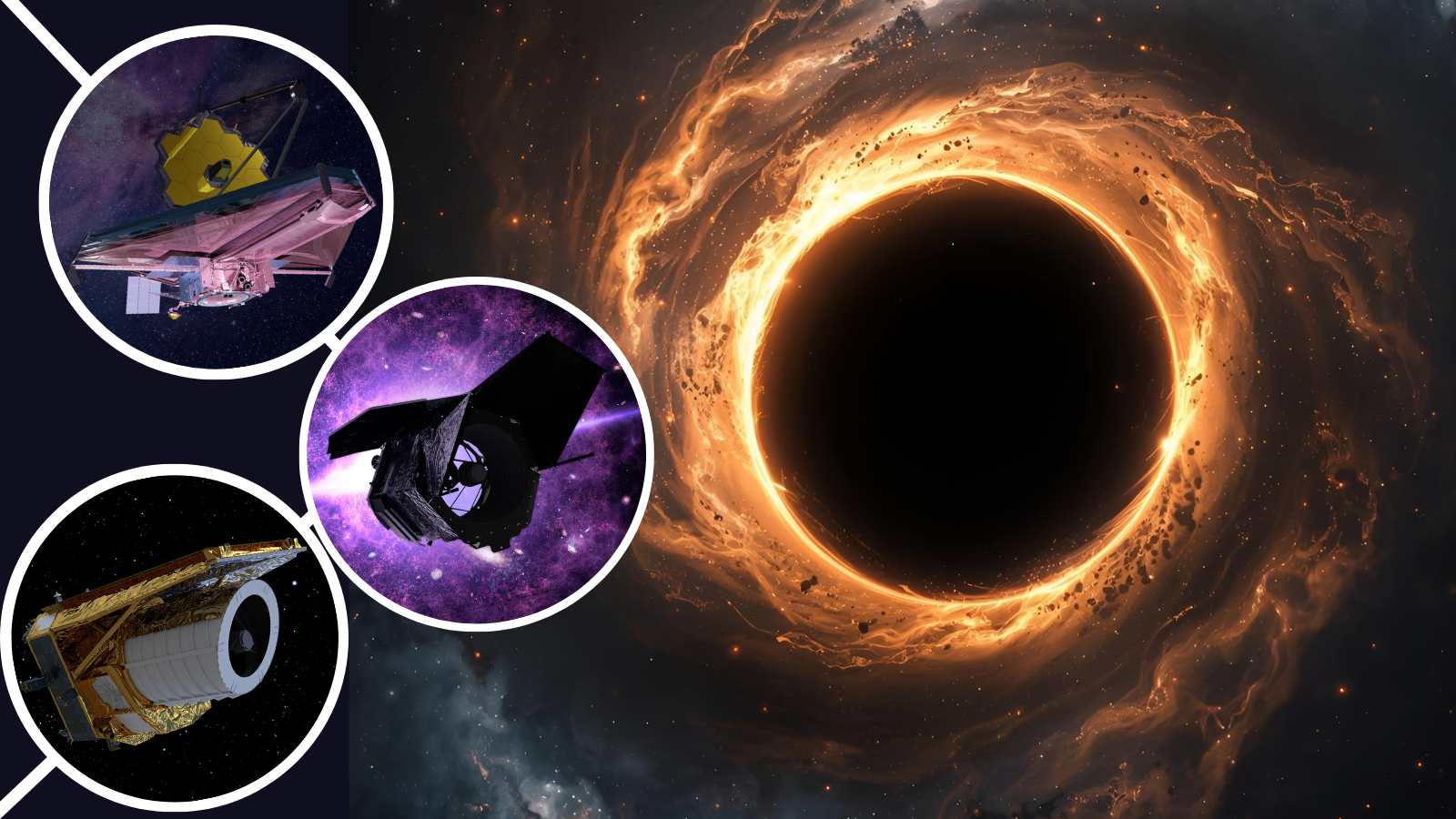
How the James Webb, Euclid and Roman space telescopes could team up to hunt supermassive black holes from the dawn of time
By Robert Lea published
Three powerful space telescopes, Euclid, Roman, and the James Webb Space Telescope, could team up to detect black holes as early as 250 million years after the Big Bang.
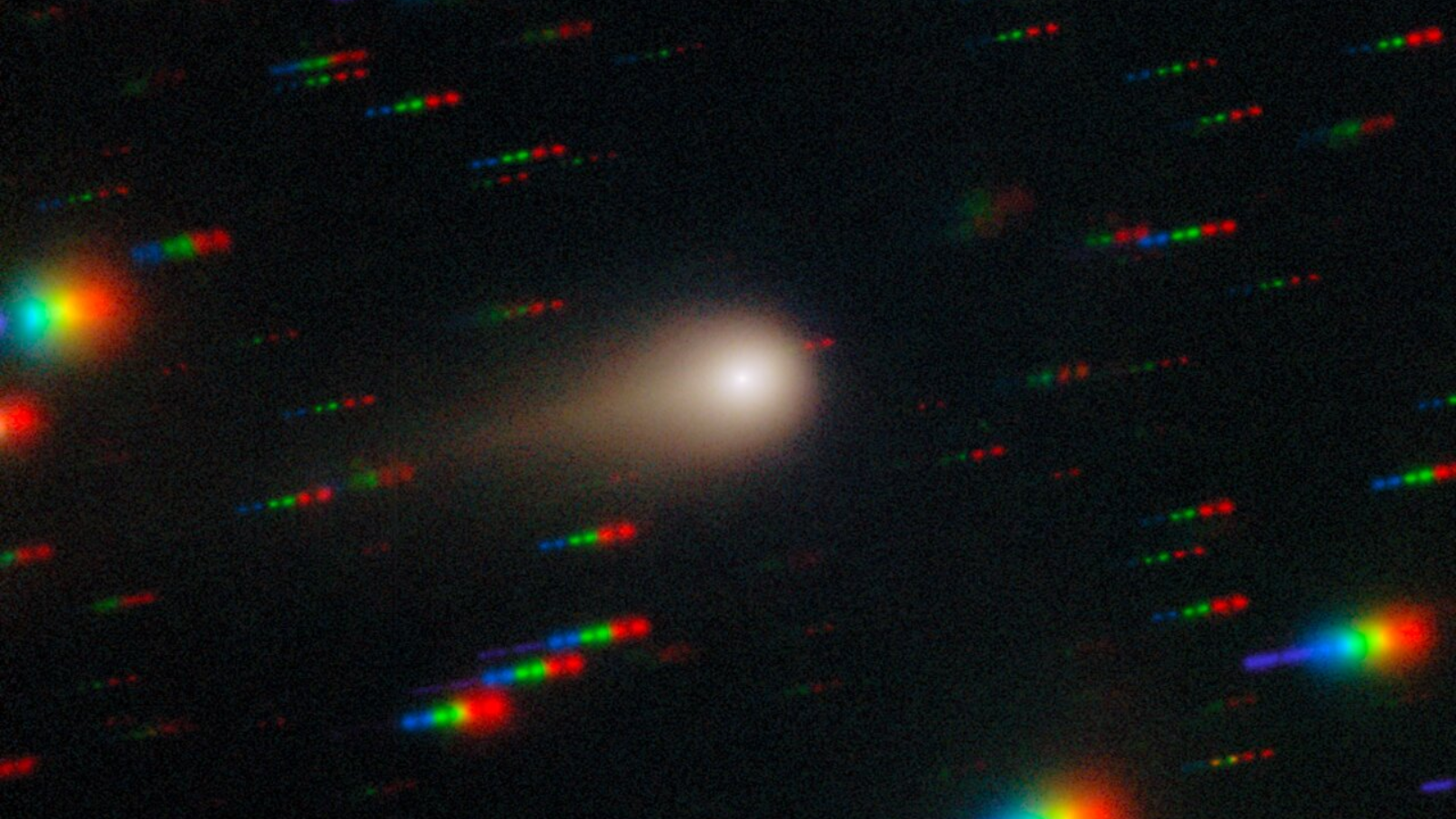
Scientists capture interstellar invader comet 3I/ATLAS growing a tail: 'This image is both a scientific milestone and a source of wonder' (photo, video)
By Robert Lea published
Astronomers have captured a stunning new image of the interstellar intruder 3I/ATLAS, seeing its growing tail and glowing coma.
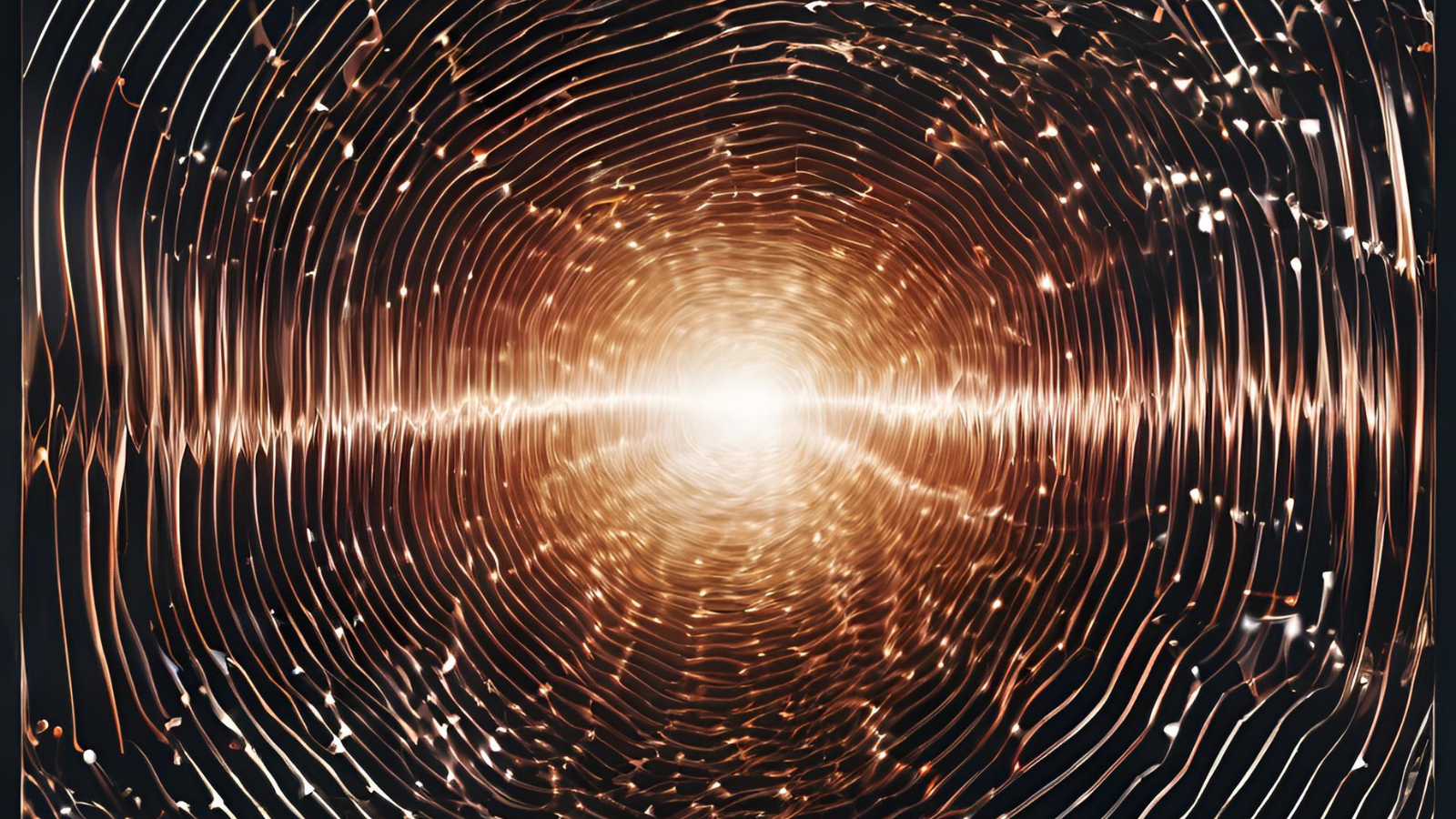
Radical new Big Bang theory says gravitational waves created galaxies, stars and planets
By Robert Lea published
A new Big Bang model does away with speculative elements, putting gravitational waves at the forefront of the creation of galaxies, stars, and planets.
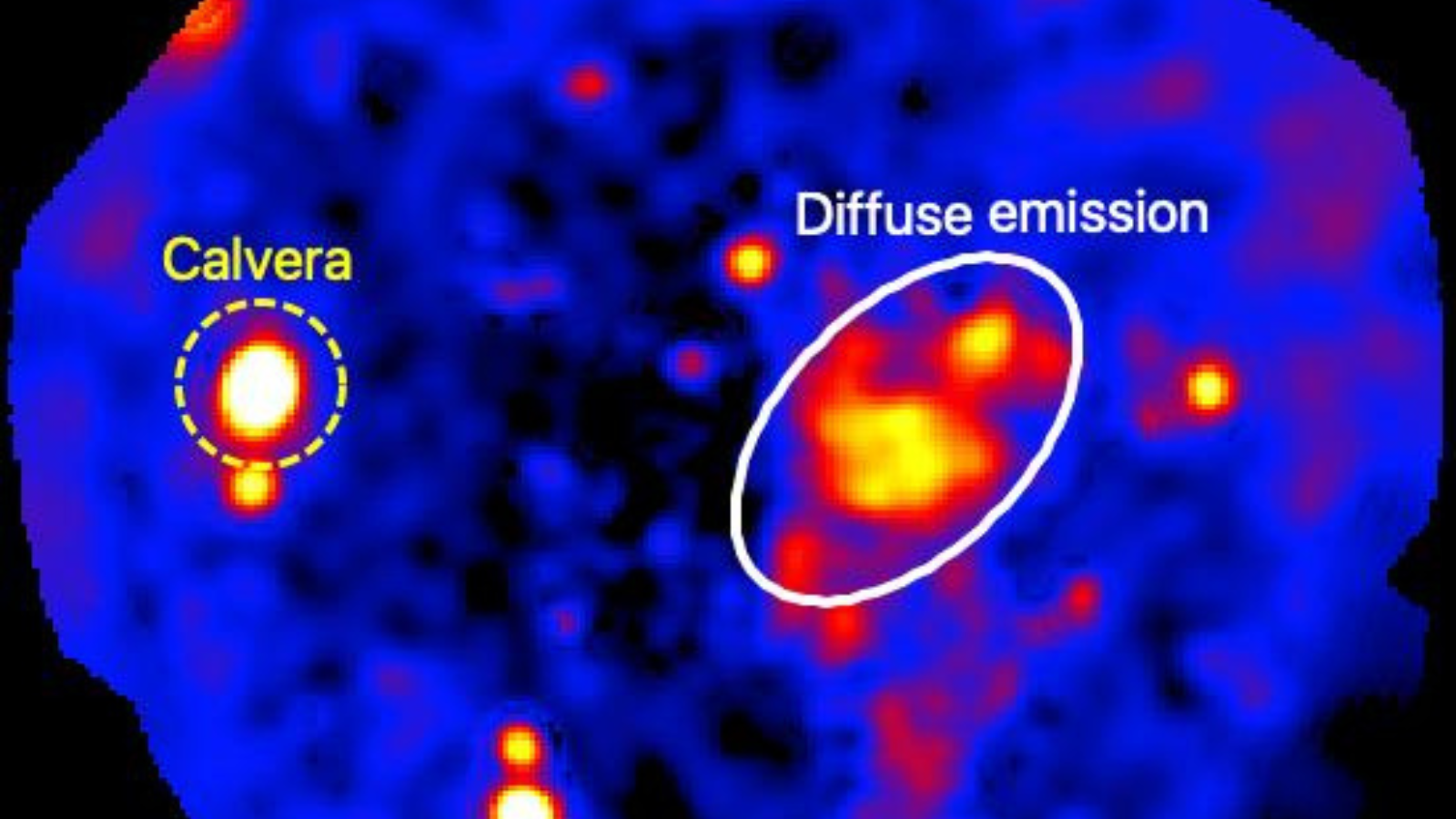
Astronomers discover a 'forbidden' pulsar fleeing a supernova in a seemingly empty region of the Milky Way
By Robert Lea published
A neutron star-powered pulsar is fleeing a supernova explosion in the outskirts of the Milky Way, a low-density region where such events are "forbidden."
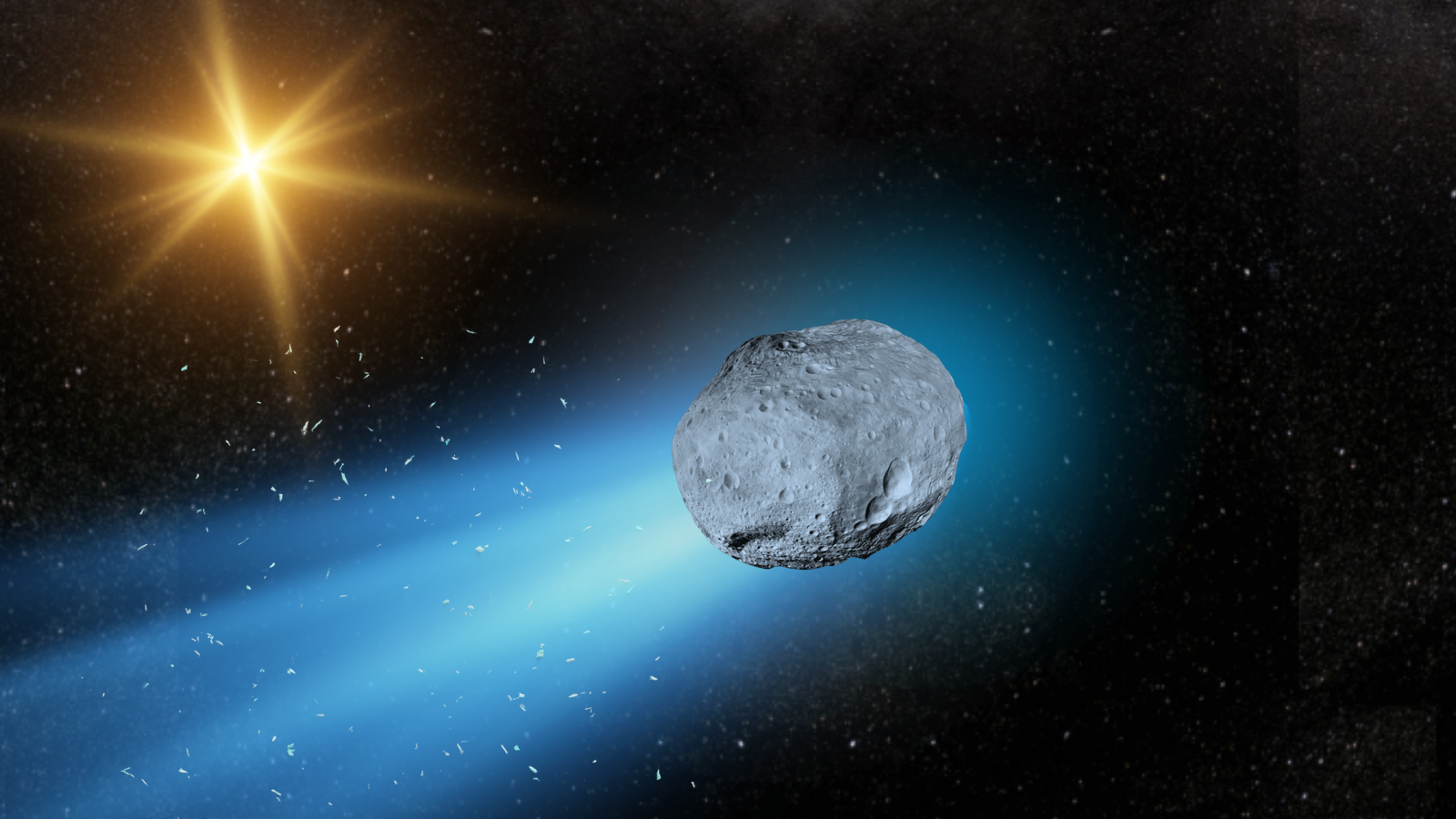
Interstellar invader comet 3I/ATLAS could be investigated by these spacecraft as it races past the sun: 'This could be literally a once-in-a-lifetime opportunity'
By Robert Lea published
Excitement is building regarding the interstellar invader 3I/ATLAS, with new research suggesting which spacecraft from Earth could get a close-up view of the comet.
Breaking space news, the latest updates on rocket launches, skywatching events and more!

